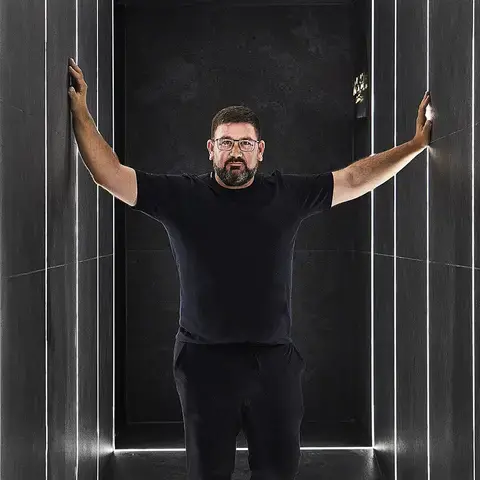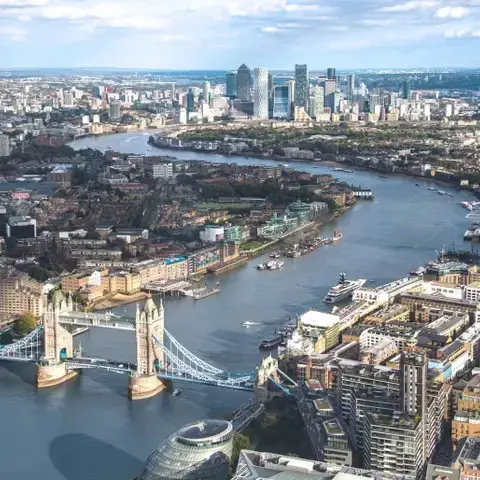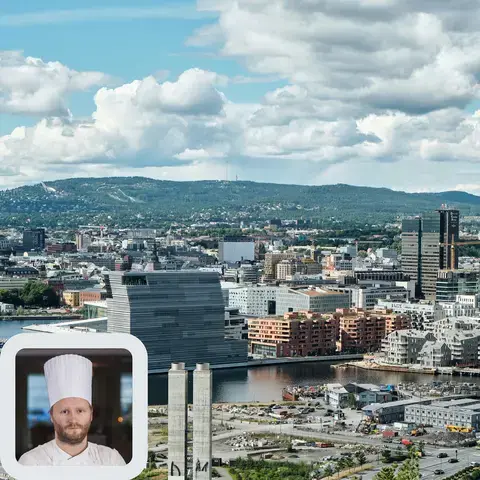“Long Chim is happy, good Thai food,” pronounces David Thompson, “It means ‘come and taste.’ That’s what I want now; everyone who eats here to have a tremendously good time. In Thai, we say ‘sunuk’ which roughly translates as ‘have fun.’ I am so over doing complicated aspirational cooking.”
Or is he? I watch Thompson, clearly tired, yet fired up and hawkish at the pass on evening three of Long Chim’s opening week in Soho, London, meticulously tasting, adding just a squeeze of lime—this ensures every mouthful of the exceptional Long Chim rolls is equally fresh and fulfilling: a filo-like crisp wrapping, enclosing a spice-tickled mix of mustard greens and more. The presentation is simple, the garnishes recognizable, yet there is so much complexity in even the simplest looking dish.
Yes, the menu at Long Chim, London is short and to the point and Thompson insists it is familiar street food from Bangkok, where he has lived since meeting his husband, Tanongsak Yordwai in 1988. “It is the kind of dishes that Thais miss the most when away from home and want to eat”, he says, yet, the dishes have the intensity of flavor, the nuance, the exceptional balance, and the singing and dancing on the palate I recall being blown away by when Nahm opened at the Halkin hotel back in 2001.
The already buzzing restaurant on the ground floor of Hovarda Soho, their “partner-in crime here” as Thompson puts it, has been given a makeover with wacky wall murals, mahogany cabinets, and neon signs conceived by Simon Dewhurst, who founded Aaharn Group—a global Thai food group headquartered in Bangkok—with Thompson back in 2012. Long Chim now operates restaurants in Australia and beyond, with future development plans that could go global led by Aaharn Group partner and CEO, Jacques Dejardin. This is the first return to London for Thompson, whose Belgravia restaurant Nahm, which closed in 2012, earned him many accolades including, in 2002, a Michelin star within six months of opening. It was groundbreaking—the first Thai restaurant in the world to win a Michelin accolade (long before the guide itself came to Thailand). I recall extraordinary, sometimes mouth-numbing flavors, recondite ingredients, and sophisticated sexy food. It redefined our understanding and appreciation of Thai cuisine.















